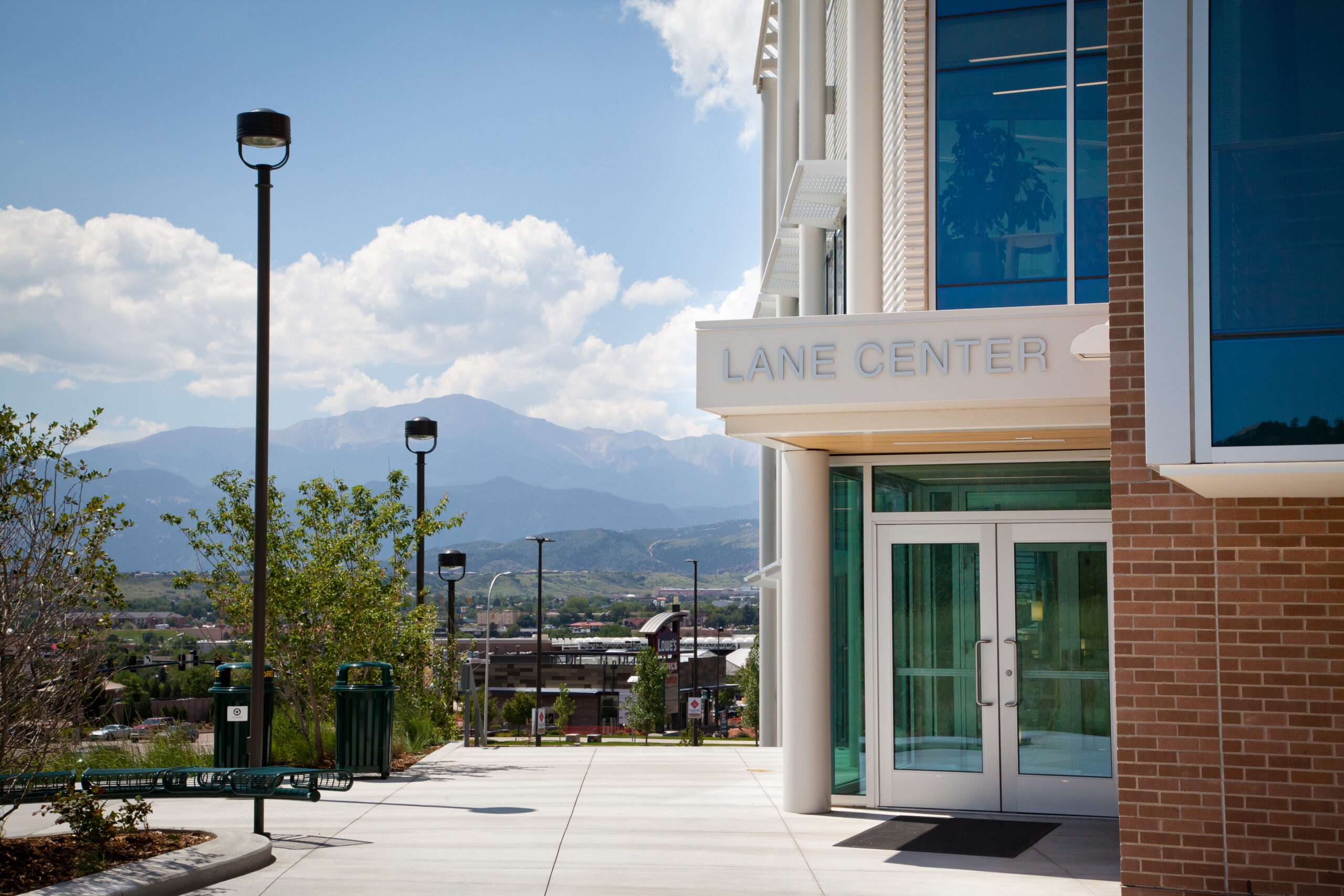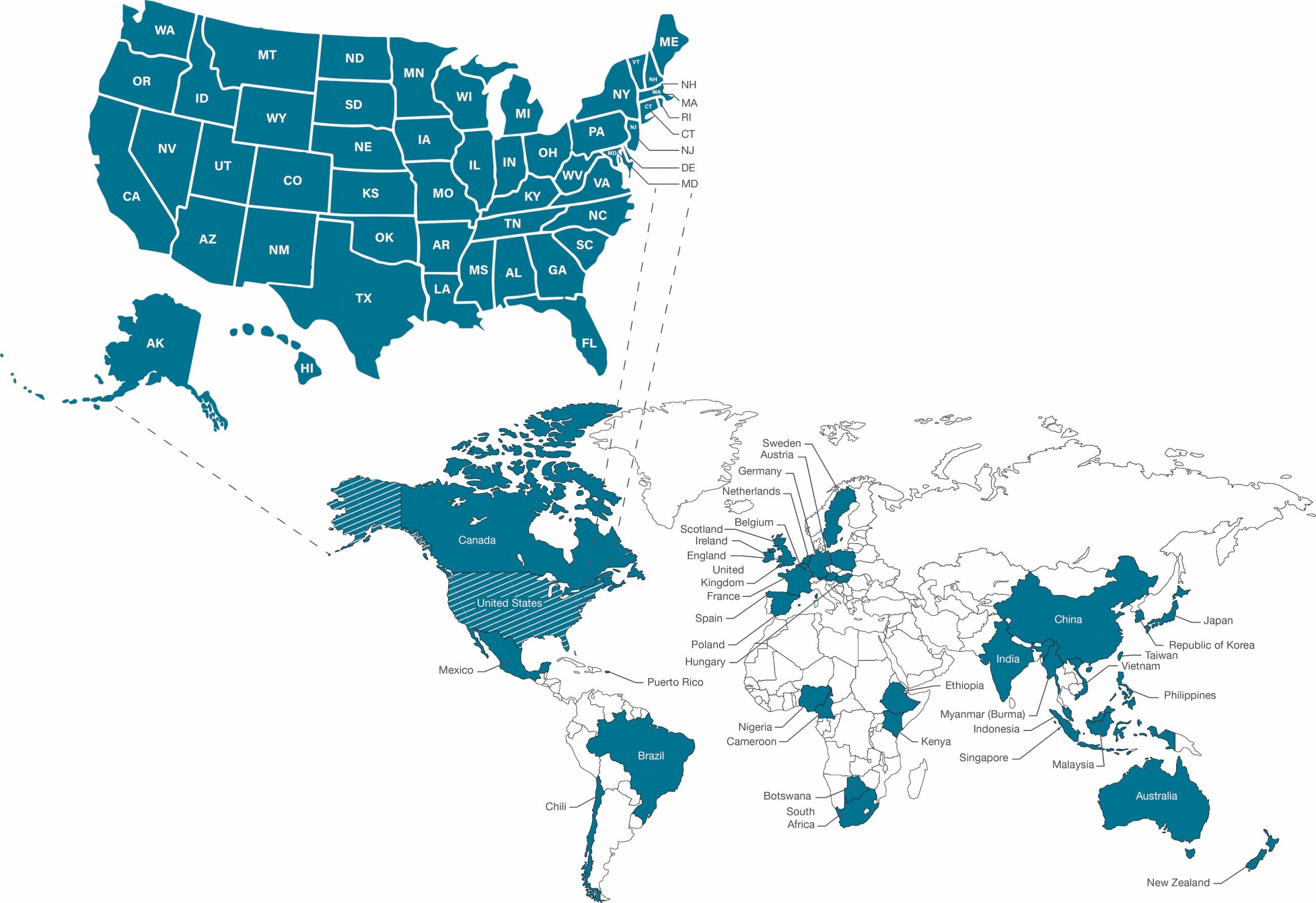About us
The Lyda Hill Institute for Human Resilience at UCCS
The Lyda Hill Institute for Human Resilience at UCCS (the Institute) was established in 2002, originally as the Trauma, Health and Hazards Center. The mission of the Institute is to advance human resilience to adversity by designing evidence-based solutions through interdisciplinary research, healing therapies, and community training and empowerment.

Evidence-Based, Cross-Disciplinary Trauma Research
Through evidence-based, cross-disciplinary research, the Institute’s goal is to better understand the impact of trauma on mental health to create cutting-edge therapies to help individuals heal from trauma. The Institute focuses on interdisciplinary research, healing therapies, and community training and empowerment to address the complex mental health needs of those impacted by traumatic events in our local communities and worldwide.
Building Capacity in Yourself and the Community
The Institute empowers the community through peer support, resilience-based training, and a step-care model for trauma-specific treatment. This paves the way for more resilient individuals and communities. Given the proper tools, we all have the ability to be more resilient during times of disaster and stress.
Learn How to Help Yourself and Others
Through social support and trauma-informed resilience training, GRIT Coaches can have regular, health-promoting conversations to improve the lives of themselves as well as those around them. The Institute has worked to understand trauma, empower individuals to help those close to them, and create a pool of resources when others need resilience-related information.
Countries with GRIT Coaches


LIFE HAPPENS. BE READY. The Greater Resilience Information Toolkit (GRIT) is a free online self-guided resilience training that can be utilized within your own social networks after your community has experienced a trauma.

